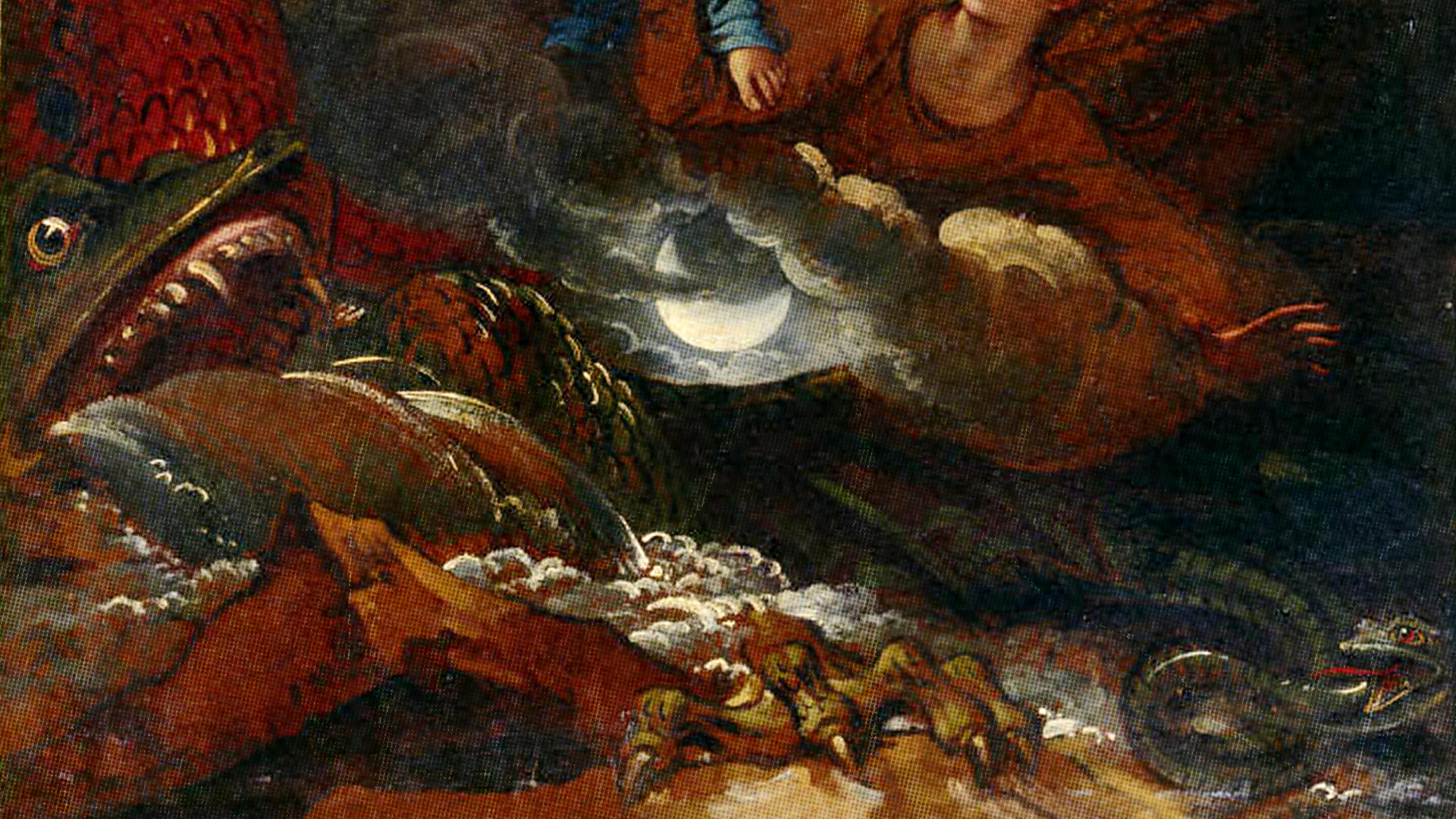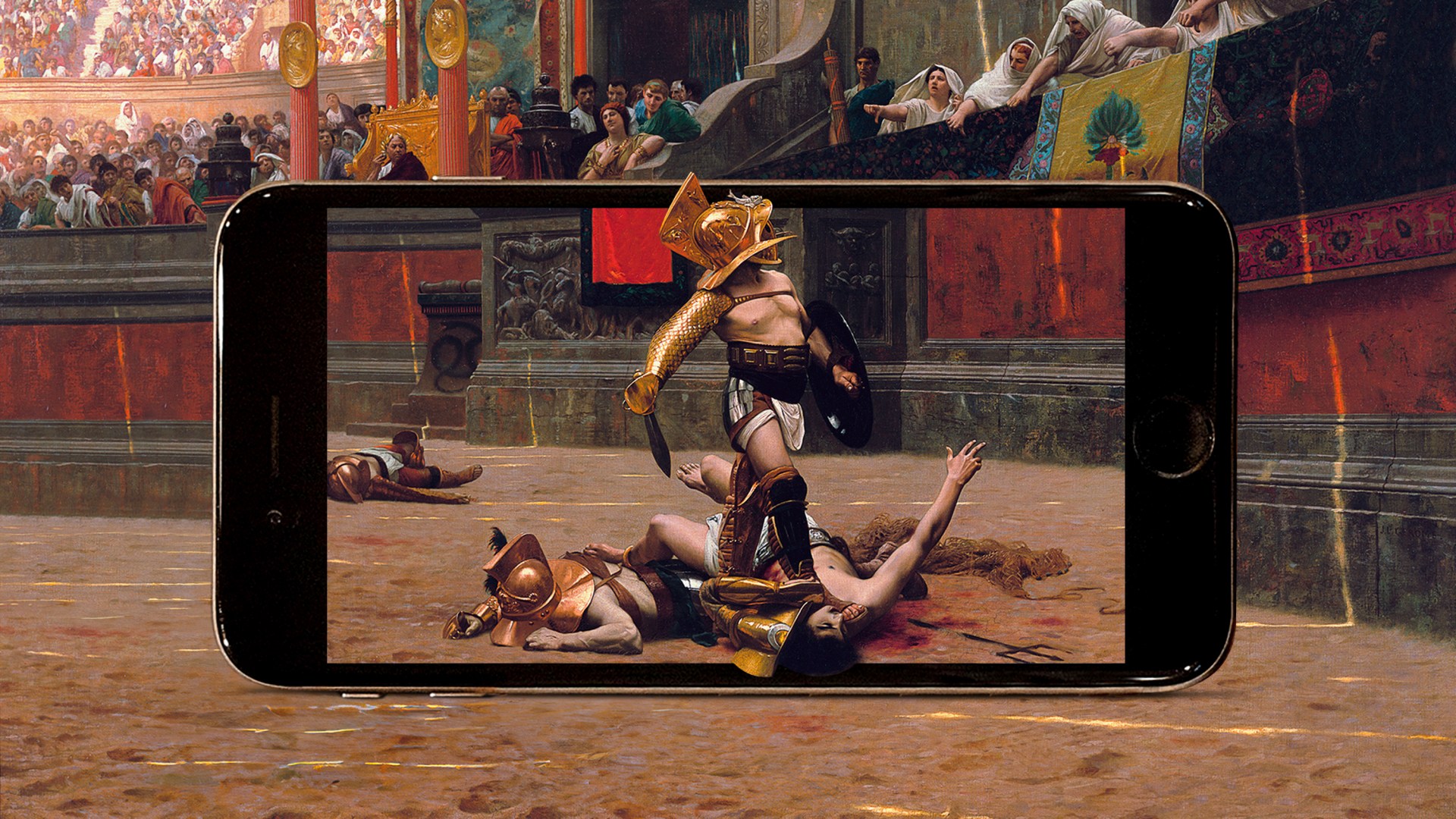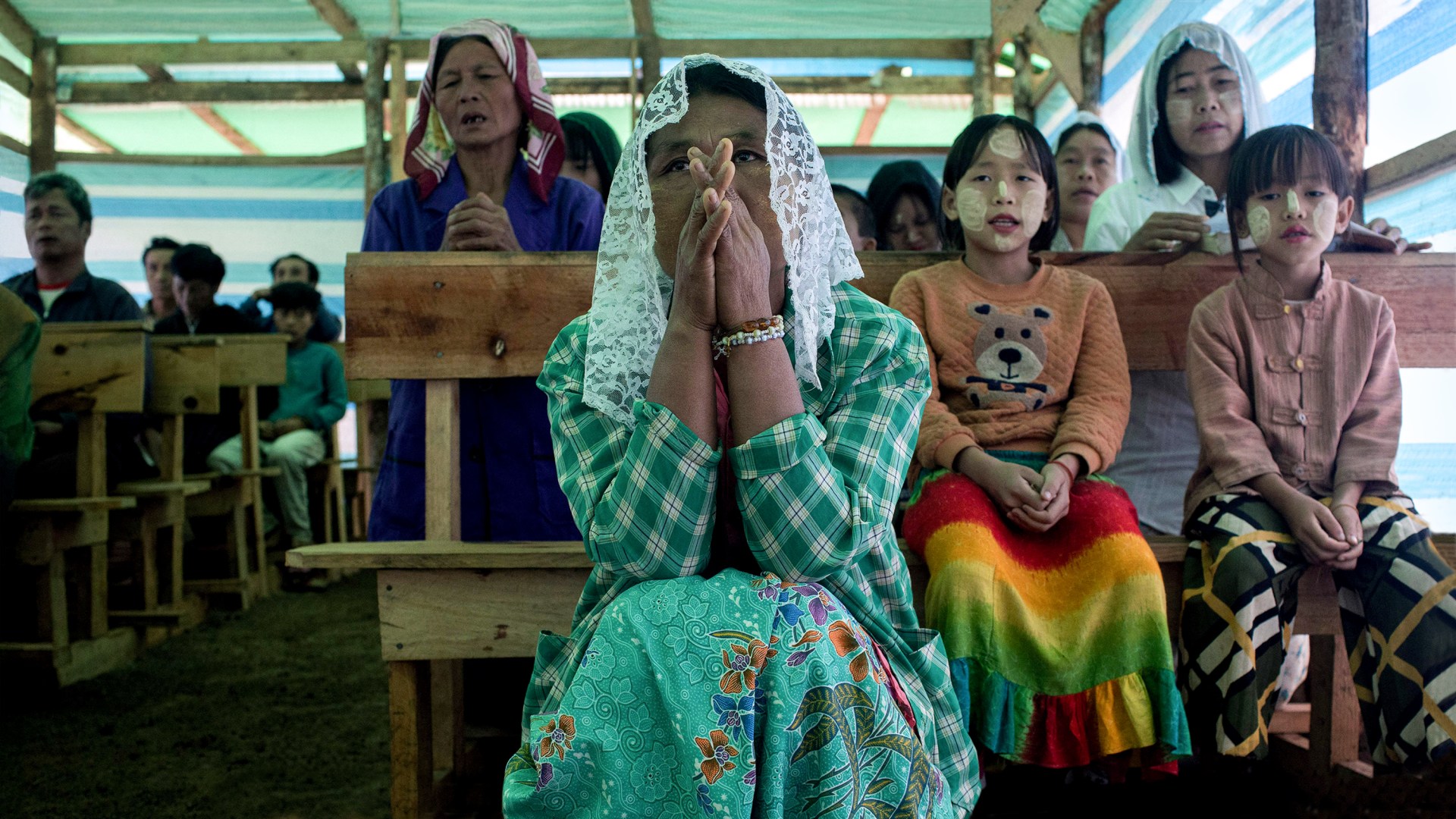In the heat of election season, I’m reminded of how politics in America has a way of dominating our culture like nothing else. Every election is declared the most consequential of our lifetimes. Every issue is described as existential in its stakes, and we are told that the entire future of our country—and the world—comes down to how we vote.
Part of why we get worked up about elections is what we believe about democracy. We believe voting is the primary way to solve critical issues of our day. Elections are where we fight for our beliefs, identify our tribes, advance our agendas. Democracy isn’t perfect, but there’s a reason so many countries have settled on it as their preferred form of government.
Yet when we look to Scripture, we find a cautionary tale about democracy that’s worth recalling each election season. Despite its strengths, democracy will always be limited by how the people’s hearts are aligned.
In Matthew 27:15–26, as well as parallel passages in the other three Gospels, we see the Savior, Jesus, shortly before his crucifixion. Just a few days earlier, he had entered Jerusalem triumphantly and was celebrated with cries of “Hosanna!” But now, though innocent of any crime, Jesus had been arrested and turned over to the Roman government. He was held on charges trumped up by the religious leaders in the city.
As was the custom during the time of the festival of Passover, the Roman governor of Palestine, Pilate, allowed the people to choose a prisoner to release. And this time, it came down to a vote. Pilate presented a choice between two candidates: “Jesus who is called the Messiah” and Barabbas, a known criminal and murderer who tried to save his people by overthrowing the Roman government in a rebellion.
Though Jesus had been beloved in Jerusalem less than a week before, the chief priests and the elders persuaded the people to vote to release Barabbas. And what was to be done with the innocent Jesus? “Crucify him!” they shouted.
This is primarily a story of Christ’s substitutional sacrifice for our sin. We see ourselves in Barabbas, the guilty one for whom Christ gives his life. We are just as unworthy as Barabbas, but God’s love is so gracious that he sent his Son to suffer the death we deserved.
But at another level, this is also a story of democracy—of how a democratic process resulted in the greatest miscarriage of justice in human history.
Pilate was responsible for administering justice, but he found it more politically expedient to let the crowd decide, to heed their vote and thus keep order and protect his own power. The chief priests and elders—the religious leaders who were supposed to guide the people in righteousness—instead convinced the people to vote for Barabbas. They envied Jesus and felt that he threatened their position of influence. And the people, though they knew Jesus was innocent, nevertheless voted for the criminal rather than their Messiah. A man who deserved punishment was set free, and the Savior of humanity was sentenced to death.
Barabbas is not the only figure here with whom we should identify: We have just as much in common with the crowd that voted to crucify Jesus. In the depravity of our sinful nature, we would never choose Christ if it were left up to us. By grace, we know that it is not we who choose Christ but Christ who chooses us. While in our hearts we cry “crucify him,” he still dies to save us.
Moreover, it’s important to note that it was not democracy that failed here. There’s no suggestion in any of the Gospels that Pilate fudged the results. If anything, he seems to have preferred to release Jesus, protesting his innocence: “What crime has he committed?” Though the answer was “none,” the crowd really did cry for Jesus to die.
Democracy is a comparatively good system, but it is merely a human system. It can only function justly to the degree that the people within it have aligned their hearts, motives, and interests with truth and righteousness. Otherwise, the depravity of human nature will bend even a perfectly functioning democracy toward injustice. Government “by the people” will always reflect the heart of the people in question. It was a government “by the people” that resulted in the crucifixion of “the image of the invisible God, the firstborn over all creation” (Col. 1:15).
The value Americans tend to place on politics and the democratic process makes it difficult to remember this inherent limitation. But as Christians, we must.
Though we have the civic privilege and responsibility to vote, we cannot put all our hopes on this or any election. Politics is not the only—or even primary—way to solve critical issues of our day. Remember, early Christians changed the entire Greco-Roman world with no political power.
Like the crowd at Pilate’s palace, we can be seduced into misusing and misunderstanding our votes if our hearts are not fully turned toward God, if we do not trust him alone to heal this broken world. Barabbas tried to “help” God save his people by overthrowing Rome, even if that meant committing murder. To vote for Barabbas is to put faith in anything other than God, including an election, to bring about God’s purposes. But our faith must be in the true Savior, who gave his own life to save ours.
Politics has its place, yet our primary mandates as Christians are the Great Commission and the Great Commandment. And though we’re privileged to live in a functional democracy, that democracy will become dysfunctional and unjust if we put all our hopes in elections and not in Christ.
Domonic D. Purviance is a writer, men’s ministry leader, and finance and economics expert. He cofounded King Culture, a nonprofit organization that equips men to reflect the selfless leadership of Christ.


















































































